Expert Corner: Prudence Galega on Cameroon's Prioritization of Women's Engagement in Biodiversity
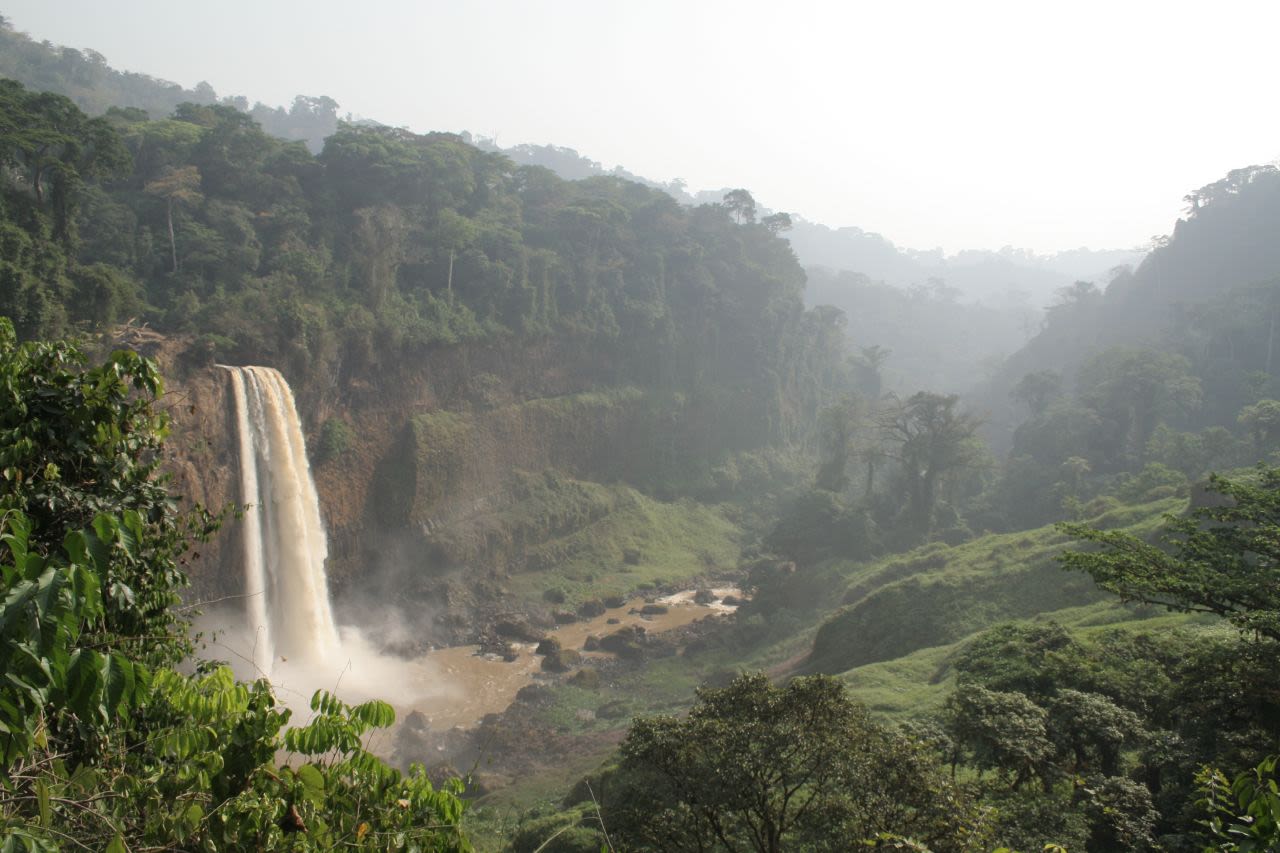
"Quedas de água de Ekom Nkam" by carlosoliveirareis is licensed under CC BY 2.0.
"Quedas de água de Ekom Nkam" by carlosoliveirareis is licensed under CC BY 2.0.
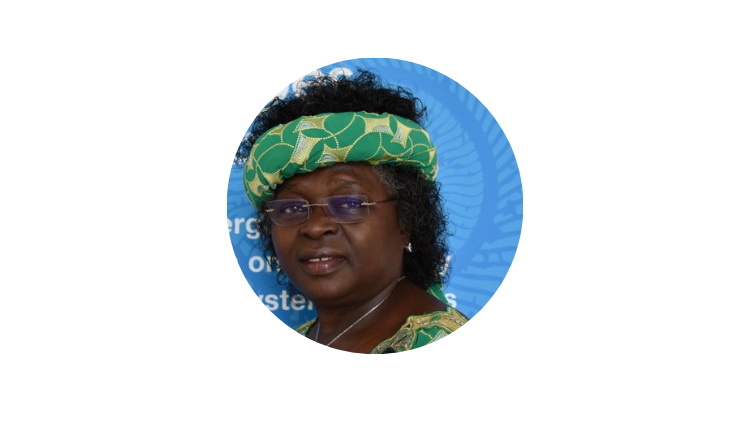
Image courtesy of Prudence Galega
Image courtesy of Prudence Galega
Ms. Prudence Galega started her career as a jurist, legal expert, prosecutor and judge and, inspired by her childhood growing up in the highland savannahs, pivoted to pursue environmental policy and biodiversity. For over a decade, she served as the policy advisor and permanent secretary to the Ministry of Environment of Cameroon. Additionally, she served for years as the national focal point for CBD and the United Nations Intergovernmental Science-Policy Platform on Biodiversity and Ecosystem Services. She is a key expert for the African region today, accompanying the AGN.
Ms. Prudence Galega started her career as a jurist, legal expert, prosecutor and judge and, inspired by her childhood growing up in the highland savannahs, pivoted to pursue environmental policy and biodiversity. For over a decade, she served as the policy advisor and permanent secretary to the Ministry of Environment of Cameroon. Additionally, she served for years as the national focal point for CBD and the United Nations Intergovernmental Science-Policy Platform on Biodiversity and Ecosystem Services. She is a key expert for the African region today, accompanying the AGN.

Image courtesy of Prudence Galega
Image courtesy of Prudence Galega
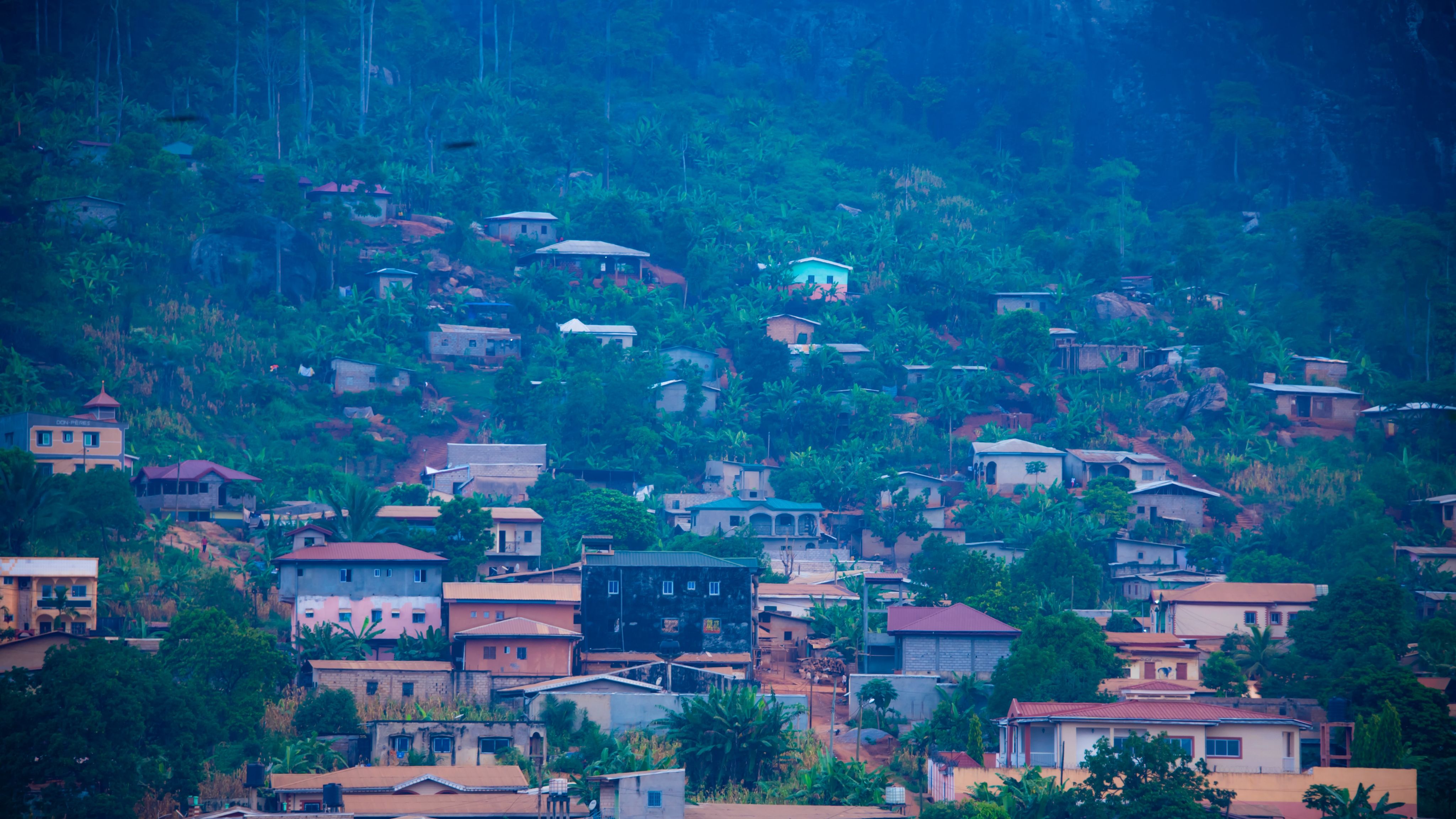
Photo by Edouard TAMBA on Unsplash
Photo by Edouard TAMBA on Unsplash
A conversation with Prudence Galega, Former Policy Advisor and Permanent Secretary to the Ministry of Environment, Cameroon
A few months ago, Cameroon finalized its first national ecosystem assessment with the support of BES-Net. It was a monumental moment for a country that, with its notable physical expanse, ranks as the fourth most biodiverse country in Africa. Today, Cameroon’s ecosystem assessment is informing the development and reporting on the national biodiversity strategy, action plans and financing frameworks. It is also widely used as a reference in other countries in the African region.
Ms. Prudence Galega, Co-Chair of the Cameroon national ecosystem assessment’s author team, has been a trailblazer and driving force not just for this project but also for biodiversity decision-making and negotiations for Cameroon at large. In a freewheeling conversation with BES-Net, she reflects on the ambitions and expectations of the post-2020 Global Biodiversity Framework (GBF) among African countries, the need for decisions informed by evidence and her own role as a woman involved in biodiversity negotiations for Cameroon and the African Group of Negotiators (AGN) at the Convention on Biological Diversity.
In your decades of experience being a policy advisor and negotiator, how have you been involved in global discussions on biodiversity?
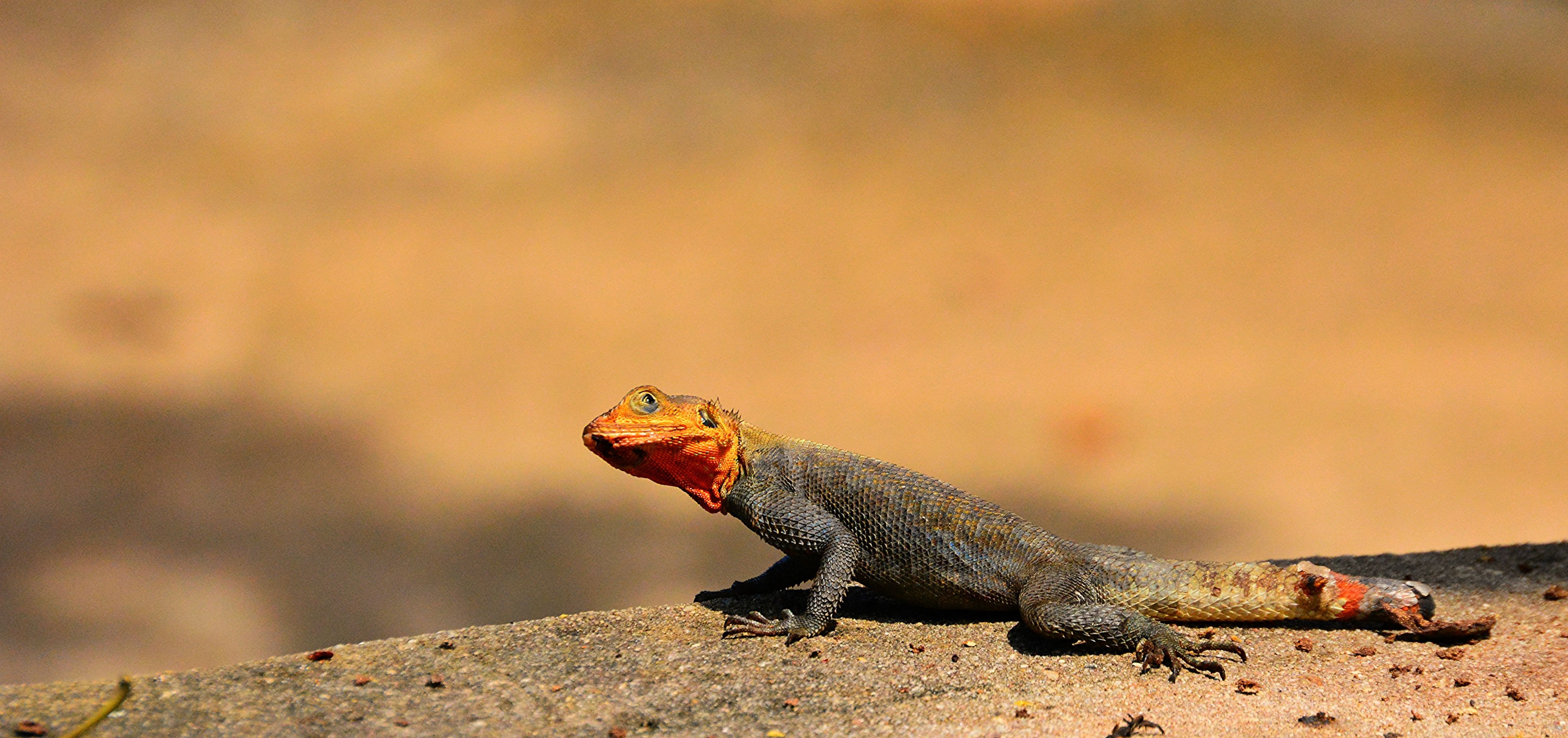
Photo by Edouard TAMBA on Unsplash
Photo by Edouard TAMBA on Unsplash
You will recall that, in the early 1990s, we saw the start of great commitment to and awareness of the environment globally. This pattern was particularly prominent in developing countries as a key pillar for sustainable development. However, as shown by the findings of personal research work after the adoption of the Rio Conventions in 1992, very little national attention focused on developing an adapted legal framework for the environment. Findings from research carried out using the lens of representatives in Parliament showed a significant gap in developing environment-friendly legislation. My research triggered a considerable momentum with networks to strengthen the representation of the environment both in parliaments in Cameroon and in other countries in the Central Africa region.
The successful outcome and impact of this research work contributed to my detachment from the Ministry of Justice and appointment in 2009 as a senior policy advisor to the Minister for Environment. One of my first roles was the national focal point for Cameroon to the Convention on Biological Diversity (CBD) and its Protocols (then the Biosafety Protocol). After six years of service, I was appointed in 2007 as the permanent secretary and charged with coordinating the technical aspects of the Ministry of Environment until 2020. At this time, the head of state appointed me to lead a newly created judicial institution for the documentation and training of judges. This journey provided me with a breadth of experience and great recognition nationally, globally and, most importantly, within the region on biodiversity issues.
You’ve also been serving on the AGN, most recently attending the meetings of the CBD subsidiary bodies such as SBSTTA-24/SBI-3/OEWG-3 and OEWG-4. Based on your experience, what are the expectations and ambitions of African countries from the post-2020 GBF?
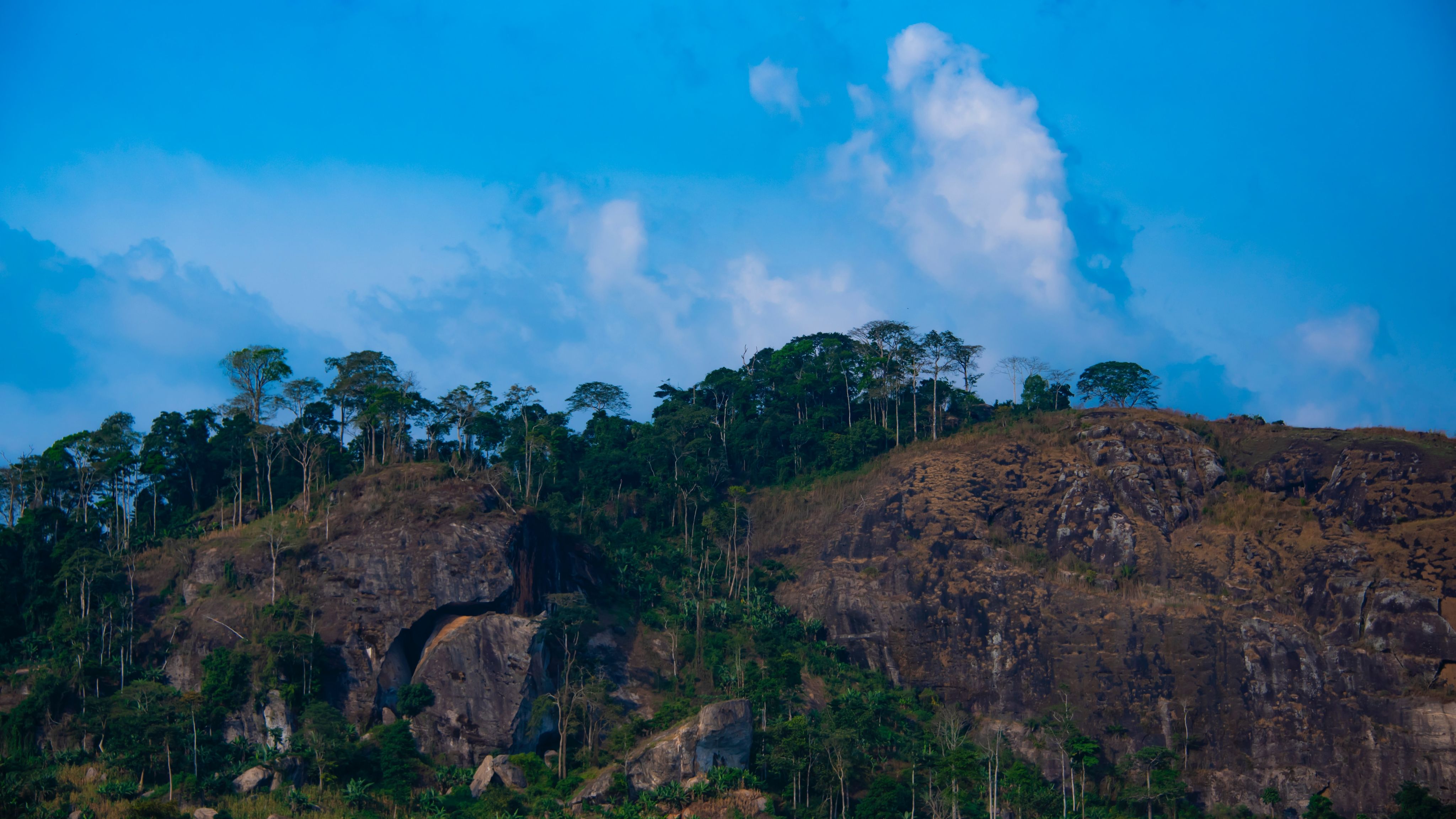
Photo by Edouard TAMBA on Unsplash
Photo by Edouard TAMBA on Unsplash
My engagement in multilateral negotiations commenced within the Nagoya Protocol on Access and Benefit Sharing, the 2010–2020 Strategic Plan and the Aichi Biodiversity Targets adopted in 2010. In over a decade of service as a coordinator, lead negotiator and, currently, support expert within AGN, it has been evident that African country parties have a great commitment to ensuring that the goals of conservation, sustainable use and access, and benefit-sharing as agreed under the CBD are attained in a balanced manner. Africa is host to one of the most intact forests globally and is endowed with invaluable natural resources that offer great potential to support the region’s effort towards sustainable poverty reduction and development.
Alongside other country parties, African countries acknowledge a weak performance in attaining the goals of the Aichi Targets, and the trend of biodiversity loss over the last decades has thus continued to increase. Most African delegates are national focal points for their countries, charged with developing and monitoring their national biodiversity and strategy action plans. Faced with challenging experiences in implementing these policy documents, AGN members see themselves as key actors to shape the global ambition to slow the curve in biodiversity loss by 2030. The AGN has thus been fully engaged in negotiations within SBSTTA, SBI and OEWG thus far.
Although the AGN recognizes the diverse national circumstances in protected area regimes, there is a growing convergence through the support of the African Ministers of Environment to build consensus on the proposed 30/30 conservation target, based on clear conditions to take into consideration national circumstances, other conservations measures that include community approaches and the emphasis on ensuring the ambition of financial commitments are commensurate. To this regional block, the negotiation provides the opportunity to ensure that the three pillars of the convention are addressed in a balanced manner within the goals, targets and means of implementation of the post-2020 GBF.
AGN maintains that the Aichi targets were not attained primarily due to inadequate means of implementation and financing. Recent studies highlight an estimated cost of US$700–800 billion needed per year to support the implementation of the GBF, as well as an urgent need to increase biodiversity financing. These findings have informed the positions of African country parties in the negotiations on the different sources of financial flows required (both public/private and international/domestic). African country parties have emphasized the need for compliance with articles 20 and 21 of the Convention, which determines the responsibility of developed country parties to support developing country parties to the CBD.
While emphasizing a significant rise in international flows, the AGN has called for an increase in domestic financing for biodiversity of 1% GDP.
In addition to GEF, Africa and other developing country parties have put forward a strong option for the establishment of a dedicated fund for biodiversity. This is critical to ensure the biodiversity priorities of the GBF receive adequate financing in Africa.
Secondly, the use of digital sequencing information on genetic resources and the equitable sharing of the benefits generated from accessing genetic resources and associated traditional knowledge can make significant contributions to filling the current biodiversity resource gap. While these discussions are contentious, it remains critical for Africa to have a global commitment to a biodiversity framework with the means required for its effective implementation.
How do you see the value of networks like ours and the work on sharing knowledge on biodiversity conservation?
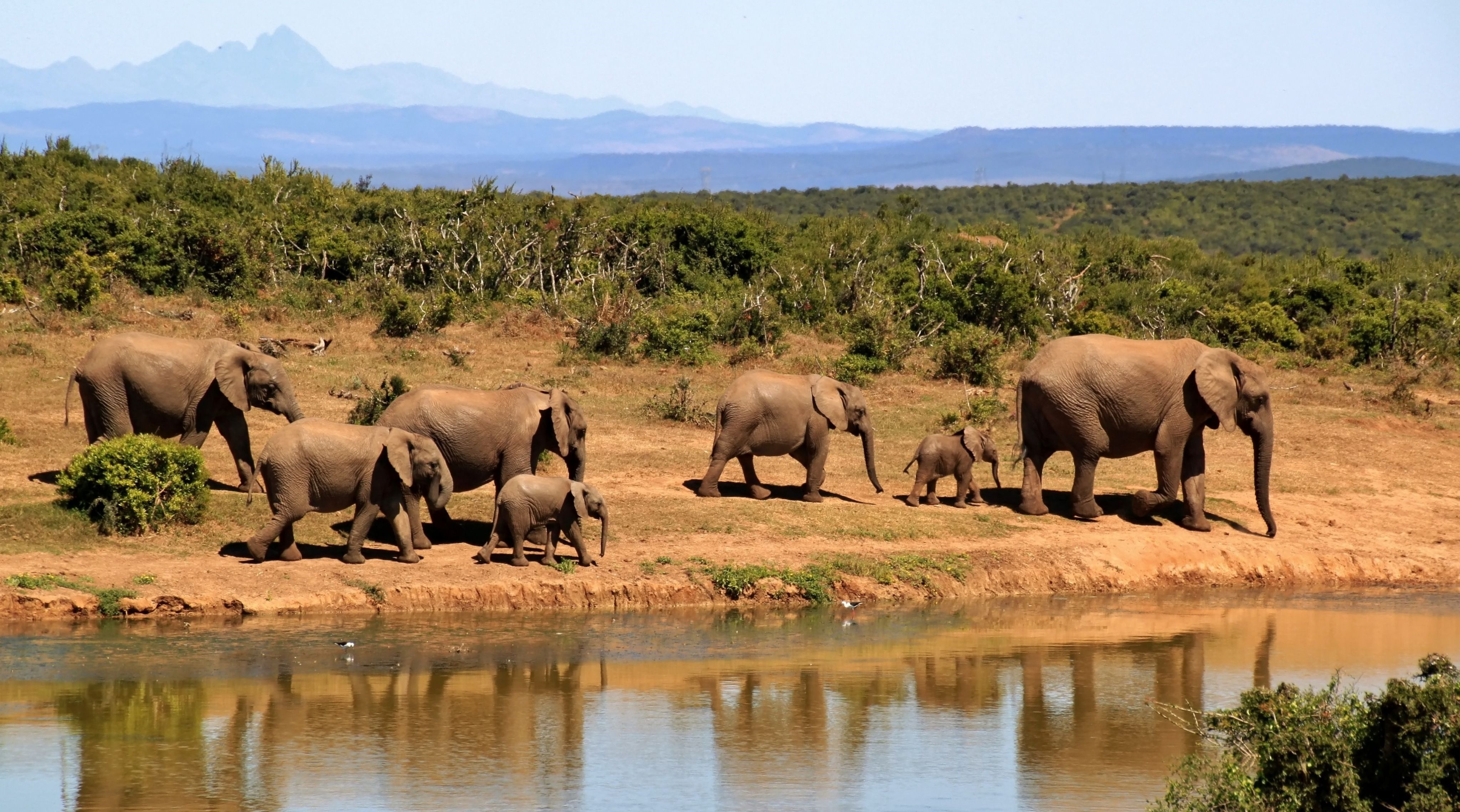
Image by Anja-#pray for ukraine# #helping hands# stop the war from Pixabay
Image by Anja-#pray for ukraine# #helping hands# stop the war from Pixabay
I am grateful for the exploding growth in partnerships I have seen with BES-Net and UNEP- WCMC. This began six years ago when Cameroon commenced its national ecosystem assessment. The process has enabled me to apply my expertise in conducting assessments on the value and the state of biodiversity, ecosystems and drivers of changes, as well as coordinate the work of a team of renowned biodiversity experts. It also enabled me to build my capacity through data and information synthesis and several dialogues.
Specifically, the series of BES-Net Trialogues organized during the course of the assessment brought a high level of engagement among science policy experts and practitioners. An important innovation in this process that has brought great insights for my future work, was the bringing of science and indigenous knowledge into research findings. Also focusing dialogues on national development challenges such as the interlinkages of food, health and water securities, was useful in reorienting the work, identifying and conducting the assessment, and generating the information required to respond to the key policy questions defined as national priorities in the assessment.
Most significantly, BES-Net has supported the sharing of knowledge on the process and the early outcomes of the Cameroon national ecosystem assessment. It has also supported the capitalization of the research findings and the active contribution of Cameroon’s delegates and experts in negotiations at different levels.
This support has greatly influenced relevant dialogues and policymaking processes within the Central African Forest Commission, SBSTTA, SBI and, currently, within OEWG in the ongoing negotiation for a GBF, where some authors of the Cameroon ecosystem assessment are key actors.
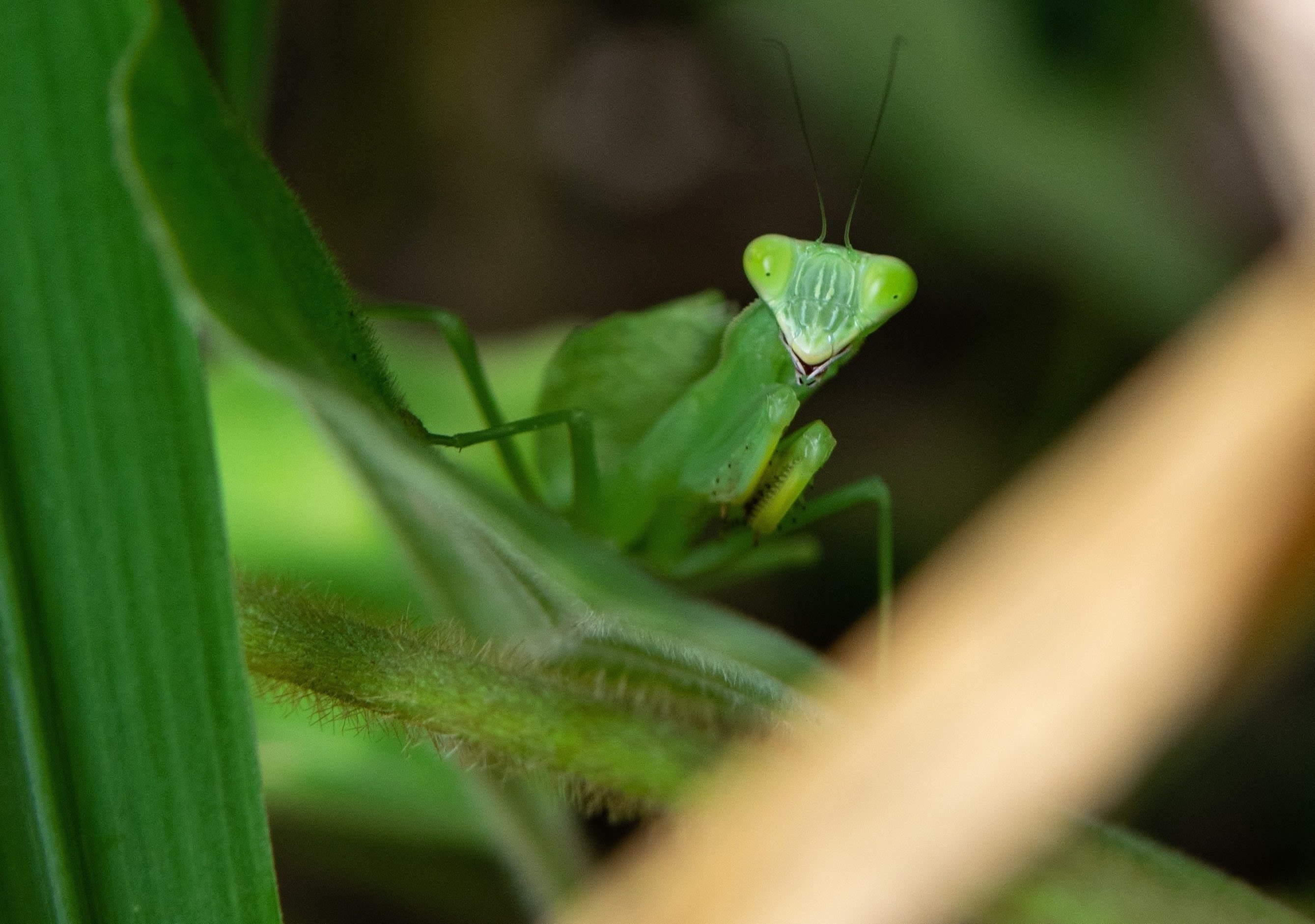
Photo by Jonathan Mabey on Unsplash
Photo by Jonathan Mabey on Unsplash
What is your take on how women are represented and are having their voices heard in global discussions like this?
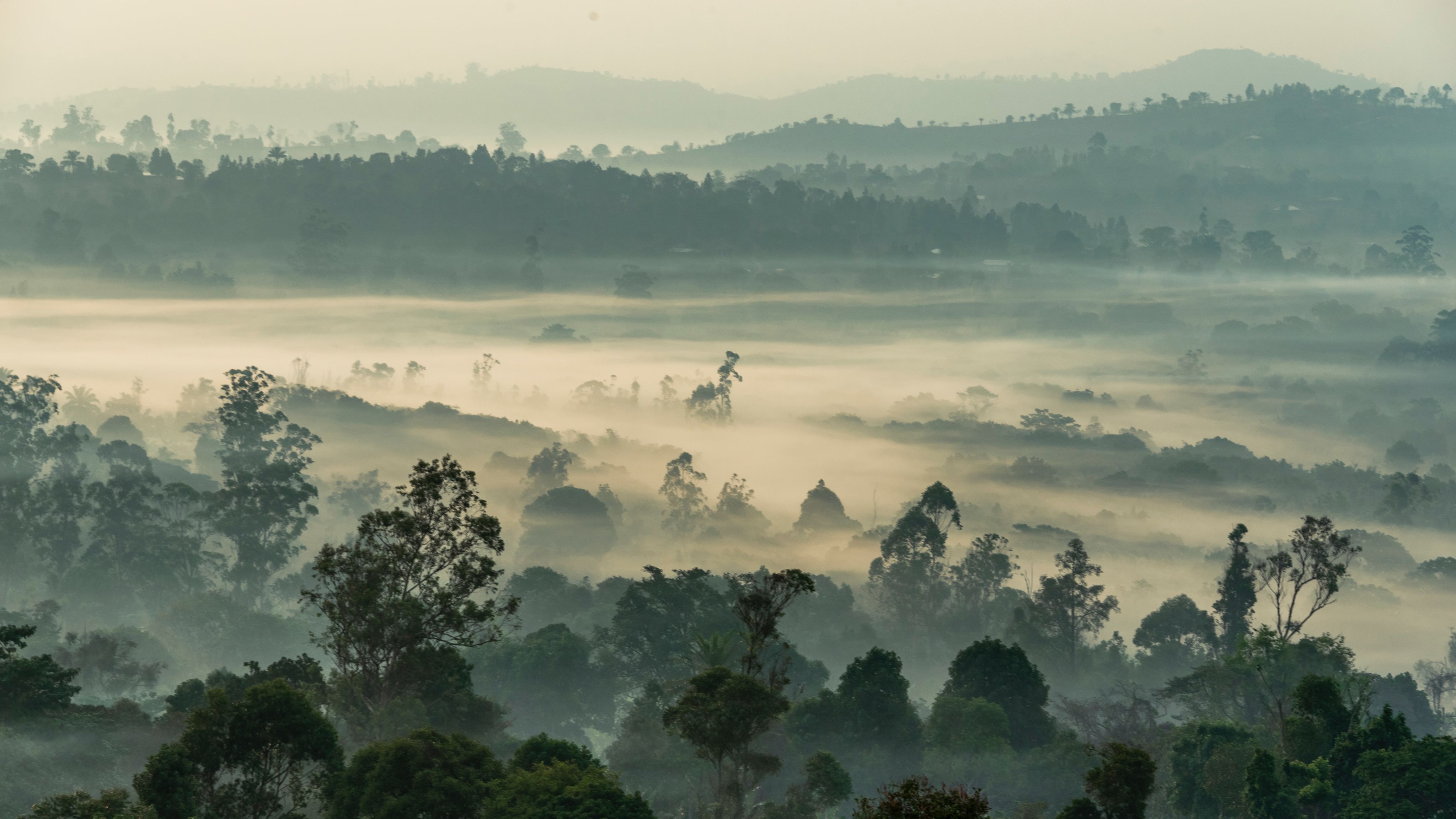
Photo by Edouard TAMBA on Unsplash
Photo by Edouard TAMBA on Unsplash
Sometimes, I see myself in a paradoxical situation. Cameroon has had women play the role of policy experts in a lot of negotiations; both my predecessor and successor are women. The paradox is that, while women receive recognition as leaders of such high-level global and national processes, the extent to which the priorities of young girls and women are represented relating to biodiversity is quite low. Cameroon’s National Biodiversity Strategy and Action Plan has opted for the participation and engagement of women as a priority, but that’s all – this has largely remained at a policy-planning level.
Women can contribute much to the process, whether at the policymaking level, where I am, at the implementation level or at the local level, where they interact directly with biodiversity. For example, women in indigenous communities preserve natural seeds for various crops, yet most of the seeds used for industrial production are usually modified. Again, women are often the ones who keep the knowledge on the value of seeds and plants for daily nutritional and health needs, yet this knowledge often goes unrecognized even in research that capitalizes upon it.
Women in Cameroon constitute over half of the population, and women in the local communities largely depend on biodiversity to support rural economies and the well-being of the households. However, women’s voices that should be given greater importance in policy- and decision-making processes are often left unrepresented. The application of the participatory principle in biodiversity policymaking and the environment has primarily been driven by sporadic approaches that remain exclusive of women’s voices.
What are some aspects of the global conversation on biodiversity that inspire you today and keep you moving forward?
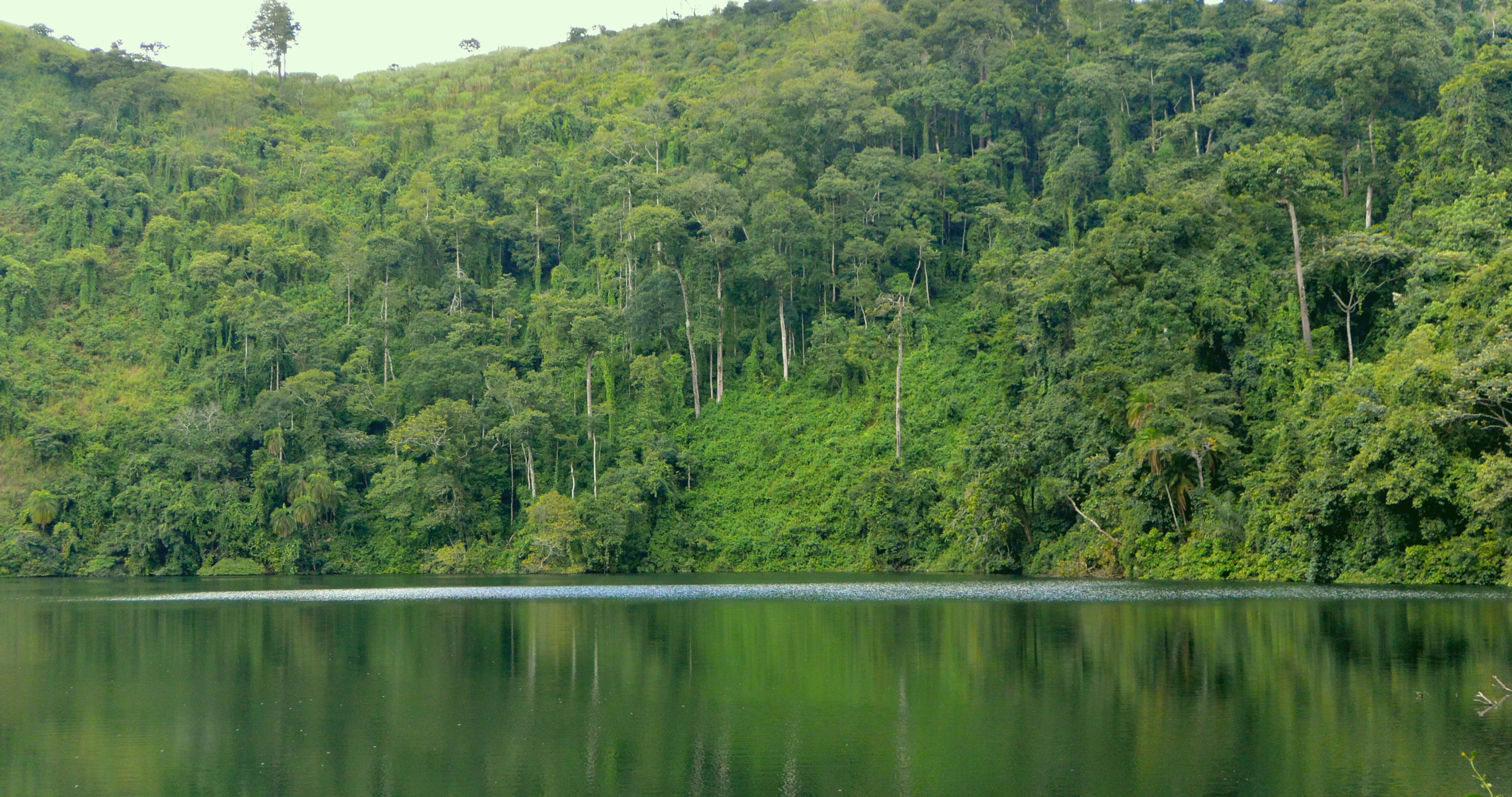
©Leonor Erea from Getty Images via Canva.com
©Leonor Erea from Getty Images via Canva.com
My inspiration comes from my instinctive connection with nature. I am inspired when I think of where we were at the time of adopting the Rio Conventions in the 90s and how far we have come today. Recognizing the progress of the last few decades from a governance perspective gives me hope and the momentum to move on. I have moved from the Ministry of Environment to my ministry of origin, the Ministry of Justice, yet I continue to perceive the connection between justice and the environment. I have a commitment to stay, to continuously serve as a key actor in the legal defence of nature and the environmental security of many generations to come.


